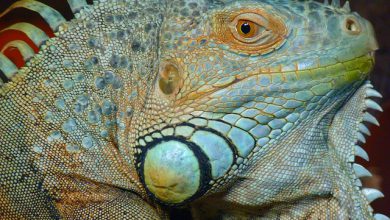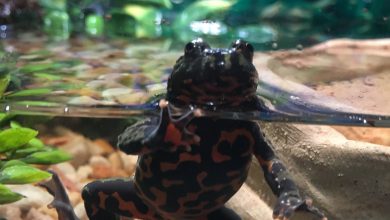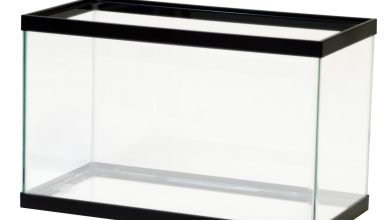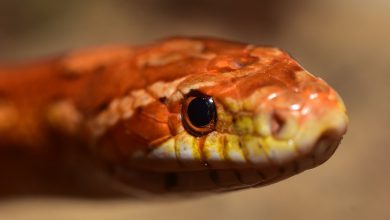What to Do When Your Pet Snake Bites You – The Tye-Dyed Iguana

Snakes are not domesticated. Just because an animal is kept as a pet does not mean it is accustomed to humans. They do not feel loyal to you the way a dog might; itâs simply not in their DNA. And that means that occasionally your exotic pet is going act like…well, a wild animal. If you are handling your snake properly and providing for its needs, itâs not likely that you will be bitten often. But long-time snake owners may succumb to the occasional bite. Most of the time itâs not a big deal, even if it does hurt a bit. Hereâs what to do when your pet snake bites you.
Steps to take after a snake bite
Even if your snake is not venomous, a bite should be carefully treated in order to prevent infection, such as salmonella. An infected bite can become a serious medical issue. Assuming that your reptile is non-venomous, you can follow these steps following a bite:
- Wash the bite wound thoroughly with soap and water. Be sure to flush out the wound with water to clear out bacteria.
- Apply pressure to the wound with a clean cloth to stop bleeding.
- Call your doctor to see if any follow-up care is needed in order to prevent an infection.
If you have been bitten by a venomous snake, go to the emergency room immediately for bite treatment and anti-venom. When purchasing a venomous pet, you should contact local hospitals before bringing the snake home to find out which ones carry the specific anti-venom you would require in the case of a bite. We do not suggest buying or owning venomous snakes, especially for beginner snake owners.
Why a snake bites and how to prevent it in the first place
Sometimes a simple reason is behind your snakeâs biting behavior. If youâve been bitten, you may have inadvertently done something that led up to the bite. One reason could be that you handled a rodent prior to handling your snake, and the scent was still on your hands. Other reasons include missing one of your snakeâs feedings or the snake is not feeling well from shedding or illness.
To prevent future snake bites:
- Wear gloves when handling food and wash your hands well after handling any rodents.
- Make it a habit to always wash your hands before and after handling your snake, to remove scents.
- Make sure your snake is calm and aware of your presence before handling. Snakes get scared too, and they may strike if a large animal (you) starts moving their tank around and reaching in.
- Donât handle your snake or reach into its tank during feeding time or when itâs hungry. Signs of hunger include tongue flicking and checking the air for prey, moving back and forth looking for prey, sitting in a strike position, or yawning a lot to loosen its jaws.
As you get to know your pet, you will learn its particular personality and cues. Always treat your reptile with the respect it deserves. And feel free to chat with the team at The Tye-Dyed Iguana for more snake handling tips.



